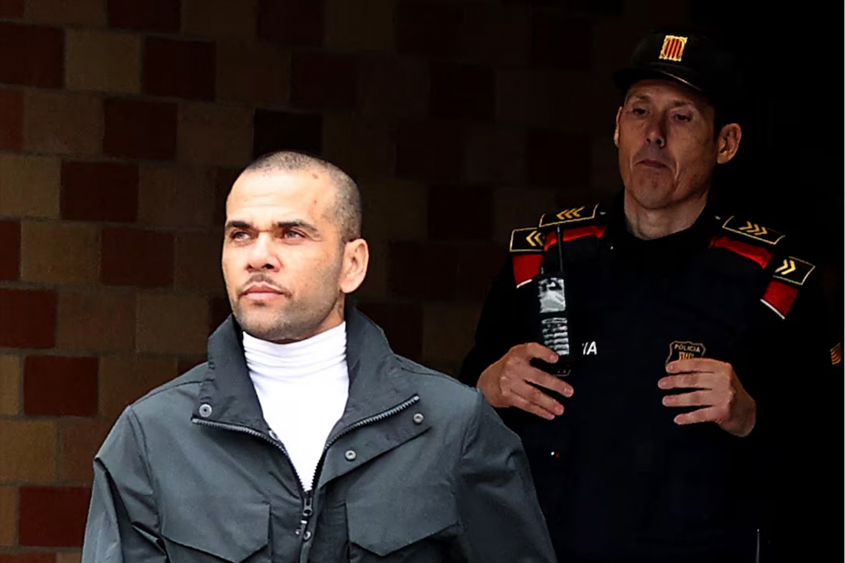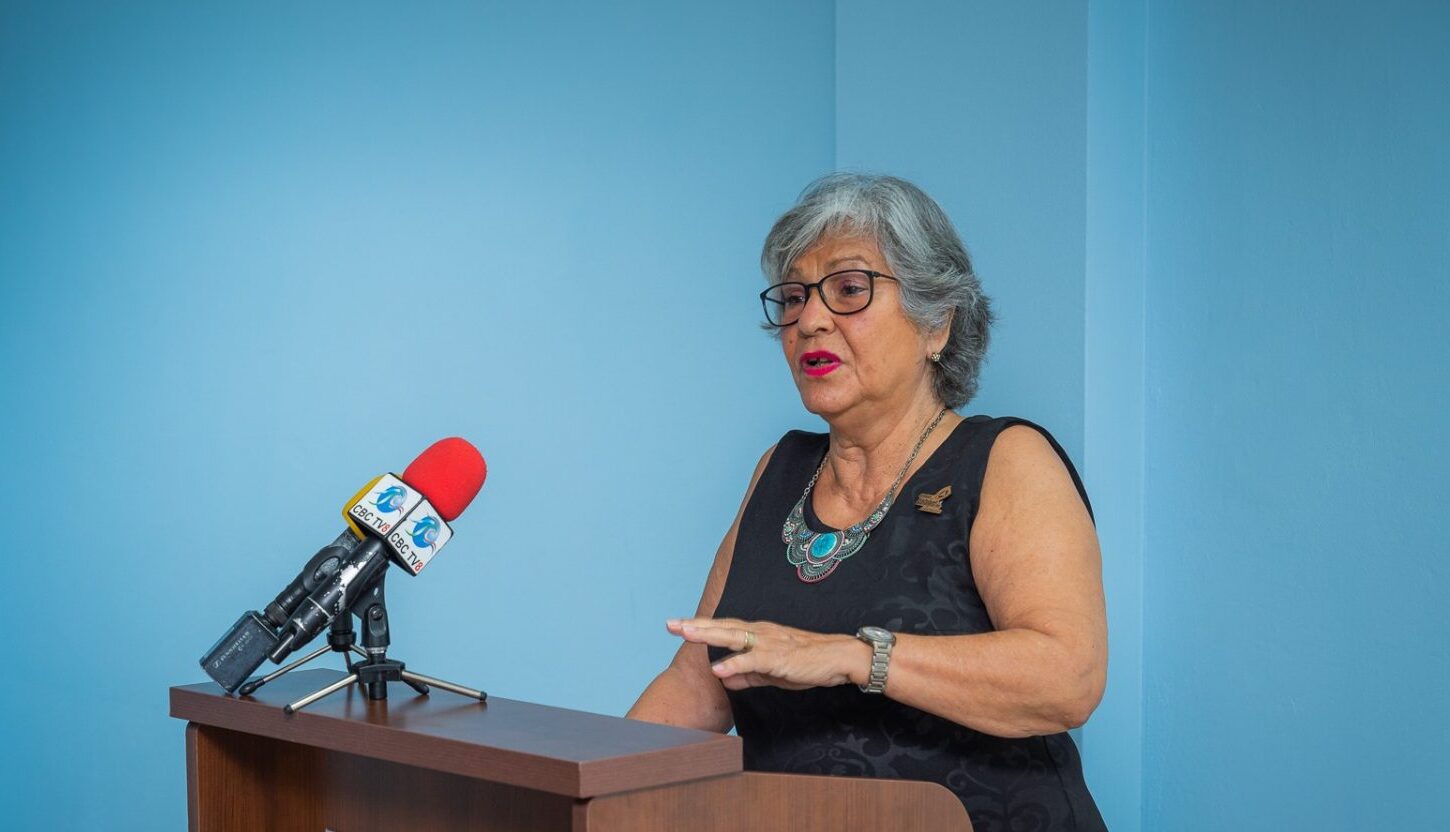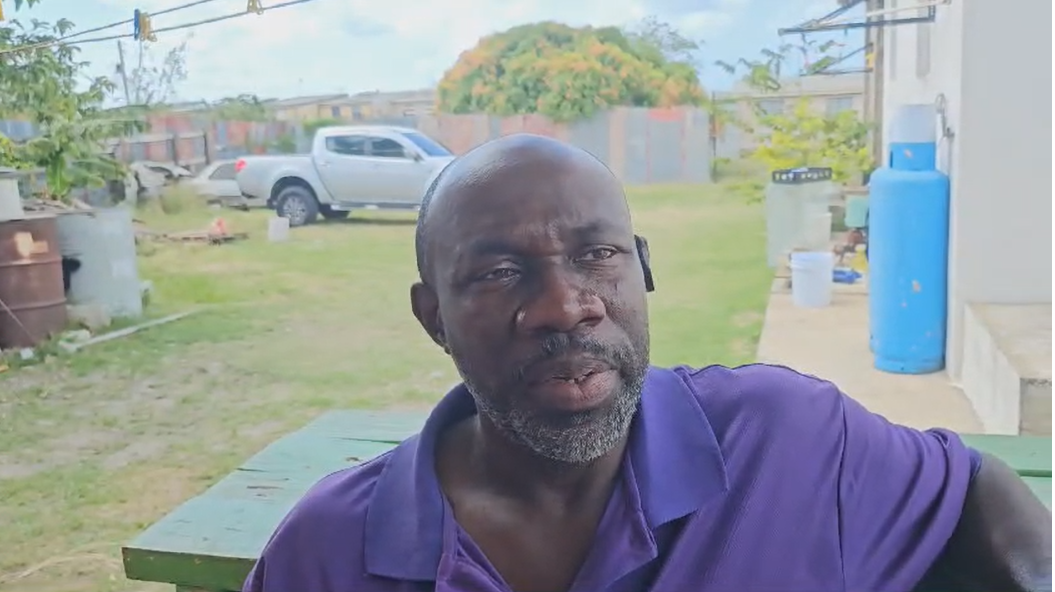

MADRID – The top court in Spain’s Catalonia region on Friday overturned Brazilian soccer player Dani Alves’ rape conviction, saying the case against him had inconsistencies and contradictions.
The 41-year-old defender was convicted last year of raping a woman in the restroom of a Barcelona nightclub in 2022 and sentenced to 4-1/2 years in prison.
“Dani Alves is very happy. He is innocent, that is demonstrated. Justice has spoken,” Ines Guardiola, lawyer for the former Barcelona, PSG and Juventus player, told RAC1 radio.
The case has gripped Spain where women’s rights have become a highly sensitive national topic, especially in the sports world after the scandal over former soccer chief Luis Rubiales’ unwanted kissing of national team player Jenni Hermoso in 2023.
In its unanimous appeal ruling, the four-judge Catalan high court said the accuser’s testimony lacked reliability over facts that could be objectively verified through video, “explicitly indicating that what she recounted does not correspond to reality”.
“The inadequacies of the evidence lead to the conclusion that the standard required by the presumption of innocence has not been met,” it said, noting “a series of gaps, inaccuracies, inconsistencies and contradictions concerning the facts, the legal assessment and its consequences”.
The accuser’s lawyer, Ester Garcia, told reporters she would appeal the decision before Spain’s Supreme Court, which could take a year to be resolved. She said the process was emotionally taxing for her client due to the intense media attention on the case.
The regional prosecutor’s office declined to comment on the ruling.
Alves had already been released from prison on a 1 million euro ($1.1 million) bail while awaiting the appeal. Now he is free to leave Spain after the court overturned a travel ban, restraining order and compensation payment.
The court said that the alleged victim’s argument that she went with Alves into the restroom for fear that his friends might follow them did not appear reasonable, concluding that she instead “voluntarily went to the bathroom area for the purpose of being with the defendant in a more intimate space”.
It added that CCTV footage did not allow to infer whether she consented to the subsequent interaction or not. (Reuters)





